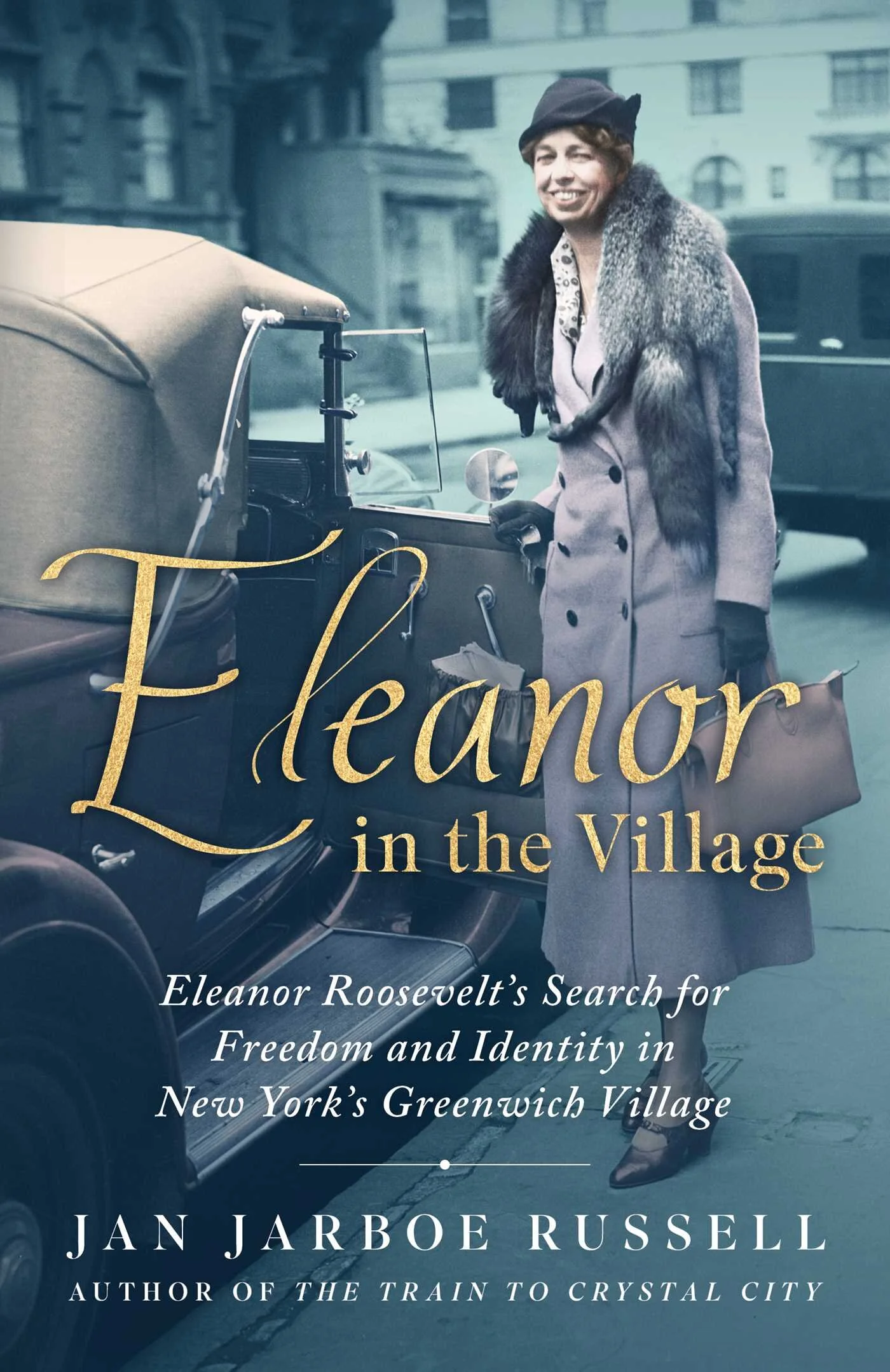Eleanor Roosevelt
Eleanor Roosevelt: The Early Years by Blanche Wiesen Cook
Part 1
If you could have dinner with anyone, from any time or place, who would it be? It’s a timeless question, one that’s been repeatedly asked at social gatherings and appearing in Instagram captions. For me, the answer was always (and probably always will be) Elizabeth I. I've been enthralled with the English Queen since I was young, and have continued to read every book and watch every movie and show I could find about her. I want to know everything that made her so strong, what helped her endure, what advice she'd give to a modern woman, how she dealt with the men who wanted to control her power.
““When looking at the lives of great women, we continue to divide the world into Saints and Sinners… ”
Pin this if you want to save this post for later!
But Elizabeth I was human; she made mistakes, let her temper and vanity control her, and could be ruthless in eliminating threats to her crown, but nonetheless, there has yet to be anything I’ve learned about her that would knock her off the golden pedestal on which she’s stood for most of my life. To me, she’s still a great example of what an intelligent, strong, independent woman should be.
If you were to look at my bookshelves, you’d find Austen and Shakespeare, Shelly and Keats, the Bronte sisters and Dickens. As for modern day authors, and some of my favorites, there’s C.S. Lewis, J.R.R. Tolkien, and J.K. Rowling. If you haven’t already noticed, I’ll tell you what all these writers have in common: they’re all British. Theirs are the first names that come to mind when reflecting on the works that have shaped me as a reader, a writer, and a person. And every single one of them is from England. When I was young, I had what I guess you could call a Young Adult Shakespeare book, an easy prose version of all his plays, and it was one of my favorite books. Each story seemed so fantastical and yet so tangible, that I was completed fascinated. Perhaps I took the knowledge that Elizabeth I was a patron of the arts, and of Shakespeare himself, too much to heart. Nevertheless, the relationship between the Queen and the Bard, and all of their contributions to the world, were the kindling for my passion, and my Anglophilic adoration was born.
But what is the mark of a person who is destined for something great? Does the world know in some way that the life of someone who could change the world has just begun? Whether the universe was aware or not, Eleanor Roosevelt came into the world as any other child, except that she belonged to the dynasty of Roosevelts that were already a prominent part of New York society. But the Roosevelt clan would produce three members who would ascend to the highest office in the land: two Presidents of the United States of America, and another who become First Lady and President of the United Nations. But all three would change the lives of men and women around the world. But how much do we know about the lives of these historically famous individuals? I know more about Elizabeth I than your average individual, but before reading Blanche Wiesen Cook’s biography of Eleanor Roosevelt, I couldn’t have told you much about who Eleanor Roosevelt was, what she thought and felt, or her role in our history besides the obvious accolades.
““We have tended to constrict the range of historical enquiry about women, failing to even ask life’s most elemental questions. We have been encouraged to disregard the essential mysteries of a woman’s life. What is energy, and where does it come from? How do we channel energy, to right, to organize, to love? How do we acquire courage, develop vision, sustain power, create style?” ”
Eleanor Roosevelt was a woman of her own mind. She excelled in school, composing insightful stories and poems. Her family name elevated her place in society, but as well traveled and well educated as she was, it was not an easy life of dinner parties and strolls in the park. By the time she was 10, Eleanor had become all too acquainted with the death of loved ones: her mother, father, and brother all died within a two-year period. But she carried on.
“You have to take defeat over and over again, and pick up, and go on.” ”
What inner turmoil did Eleanor hide from the world? What events or people spurned her evolution from wife and mother to politician and activist? What was her life really like? I made it my mission to find out.
Continue to Part 2
Rory Recommended Reading
If you liked this post and this book, here’s what to read next!
This page contains affiliate links. For those purchases, the Gilmore Book Club receives a small commission- thanks!
*quotes based on the time mark in the audiobook










